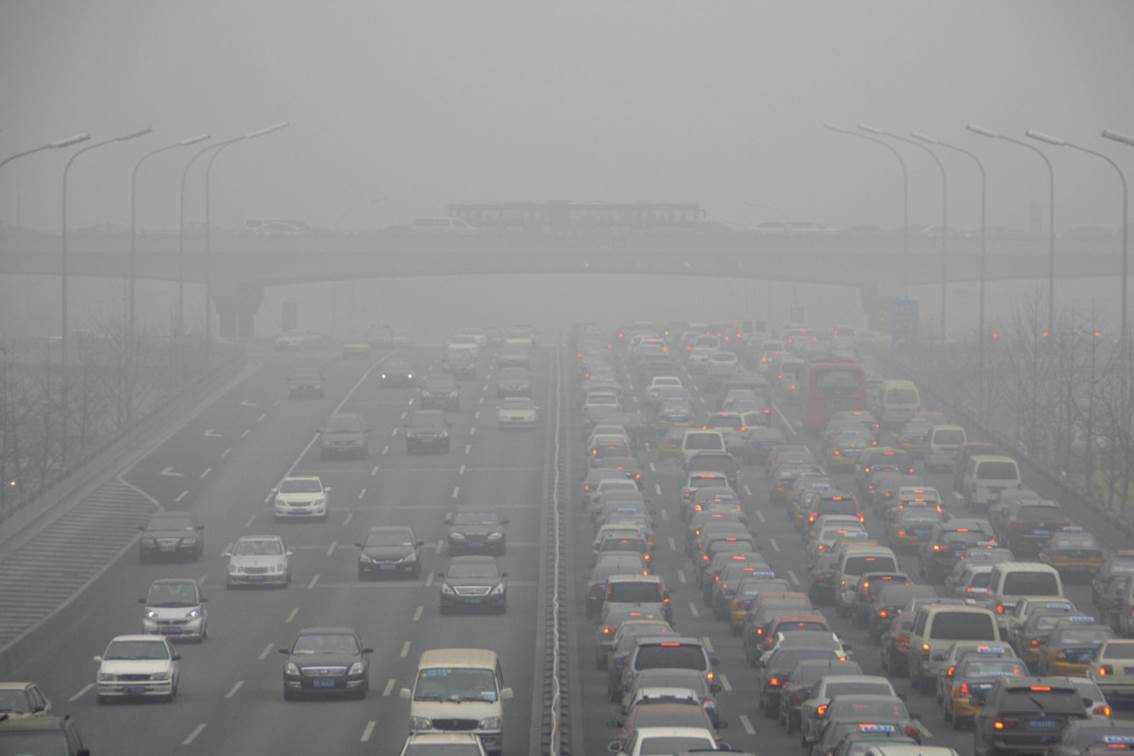Goodbye to gas
September 11, 2017 | Expert Insights

China has announced that the country will be banning diesel and petrol cars in the near future.
A specific timeframe has not been announced.
Background
The first practical production of an electric car was actually built in the UK in 1884 by Thomas Parker. He had used his own specially designed high-capacity rechargeable batteries.
During the late 19th century and the early 20th century, electric cars were popular among the public. But they were slowly replaced when much-cheaper gasoline vehicles were introduced to the markets. It was only after 2008 when the market for electric vehicles started growing. This was due to two main reasons – there were concerns over growing oil prices and about the environment.
According to a World Health Organization report, 92% of the world’s population lives in places where air pollution exceeds safe limits. Many nations have established tax cuts and subsidies to promote electric vehicles. In the European Union, as of 2011, 15 member-states provided economic subsidies in varying degrees.
Most electric vehicles use lithium-ion batteries.
In July 2017, the governments of France and UK announced that by 2040, petrol and diesel cars would be banned. UK, especially, has been grappling with increased levels of pollution. The Indian government has also announced that by 2030, every vehicle will be powered by electricity.
Analysis
According to the World Health Organization (WHO), China is one of the deadliest countries for deaths due to air pollution. Last year the organization revealed that in 2012, more than one million people died from dirty air. At least 600,000 people died in India and over 140,000 people in Russia due to the similar reasons.
China is the largest auto market in the world. China's Vice Minister of industry, Xin Guobin has confirmed that the country is drafting plans and a schedule for the ban of take effect. Guobin spoke to state media CCTV noting, “These measures will promote profound changes in the environment and give momentum to China’s auto industry development. Enterprises should strive to improve the level of energy saving for traditional cars, and vigorously develop new energy vehicles according to assessment requirements.”
China produced 26 million cars in 2016. The country will also be offering substantial subsidies to car manufacturers to shift to electric and hybrid cars according to an official cited by Xinhua. In 2017, Volvo, the Chinese-owned Swedish company announced that all its car models launched after 2019 will be electric or hybrids
Assessment.
Our assessment is that China’s announcement is likely to buoy the electric car market. In 2016, 40% of all electric cars sold in the world were in China. With the introduction of the ban and subsidies, this number will likely increase. However, the electric car industry is still small compared to other petrol and diesel car sales. Atleast 695,000 electric cars were sold in 2016.








Submitted by KPM Das (not verified) on Mon, 09/18/2017 - 13:45
All of these policy and
All of these policy and vision statements will need be vetted against some perspective on the plans. How do we get there from where we are? That validation will be interesting
Submitted by synergia on Sat, 09/07/2019 - 13:00
Thank you for your insight
Thank you for your insight